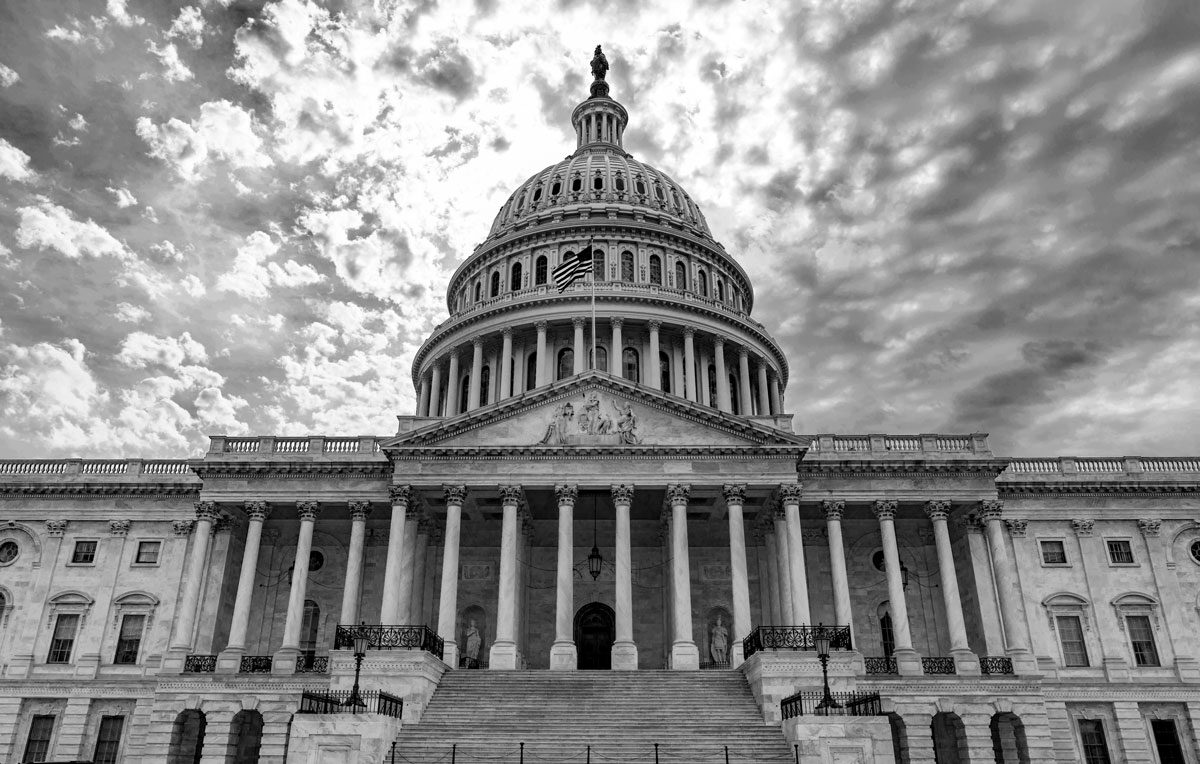As self-serving special interests try to reboot consideration of big government mandates targeting pharmacy benefit managers (PBMs) around the upcoming March 22 spending deadline, it’s critical for conservatives to remember that these socialist policies would undermine free market forces in health care, hike health care costs for hardworking Americans, take away freedom and options from American employers, and hand Big Pharma a massive bail out.
Conservative lawmakers are sounding the alarm on the Left’s push for these socialist policies targeting market forces in health care:
U.S. Senator Rand Paul (R-KY):
“Like so many misguided policies in Washington, this bill may actually raise drug prices. If that happens, just imagine the outcry for a single-payer health care system with government price controls. Maybe that’s exactly what the left is betting on—that if drug companies have free rein, the American people will get fed up fast, and demand a socialist paradise. Let’s hope they don’t get their wish.”
U.S. Representative Marjorie Taylor Greene (R-GA-14):
“We’ve paid Big Pharma enough money for COVID vaccines. Republicans should be focused on cutting spending, especially with the DOJ’s weaponization against President Trump, and launching an impeachment inquiry into Joe Biden’s corruption. We don’t have time to push Big Pharma and Dr. Fauci’s priorities.”
U.S. Representative Eric Burlison (R-MO-07):
“I think that we’re on the road towards a single-payer solution, and if Congress wants to do it, that’s what we’re gonna get, is that people are gonna find their health care costs, their health care premiums, skyrocket…the most innovative thing that’s happened in the last few years has been pharmacy benefit managers, who have been able to actually reduce the costs in negotiations in bulk. For us to kind of kneecap that program…it’s going to be beneficial to the pharmaceutical companies, but will not be beneficial to premium payers.”
Take one proposed Big Pharma-backed policy called “delinking” for example. This disastrous Big Pharma-backed policy aims to ban market-based incentives for PBMs being able to successfully secure savings for businesses and consumers. If implemented in the Medicare Part D program, Casey Mulligan, Ph.D., former chief economist for the Council of Economic Advisers in the Trump Administration, concluded that health care premiums would increase by $13 billion and federal spending would skyrocket by $10 billion every year. Meanwhile Big Pharma would get a $10 billion bailout in the form of boosted profits each year.
For consumers who get their health care coverage from their employer, the consequences are equally devastating. Alex Brill, senior fellow at the American Enterprise Institute, founder of Matrix Global Advisors (MGA) and former policy director and chief economist of the U.S. House Ways and Means Committee, estimates that health care premiums would increase nearly $27 billion for patients and families. Drug companies would once again win in this situation, seeing nearly $22 billion in increased drug profits.
Joe Grogan, former domestic policy adviser to former President Trump, slammed “delinking” proposals and the disastrous, costly consequences of passing such policies:
“In every other sector of healthcare, Congress is happy to talk about how value-based payments will transform healthcare and save money. Policies that eliminate performance-based payment move the PBM market back towards a fee for service system, increasing costs across the healthcare system. Doctors, pharmacists, and even drug company sales reps are all paid based on performance because it incentivizes desired outcomes. Incentives matter as much in the PBM market as they do for any other industry, and rebate-based payment aligns PBM incentives with those of their payer-clients… Unfortunately, Congressional eagerness to destroy this contractual arrangement punishes patients and taxpayers far more than it would punish PBMs.”
As a senior fellow at the Competitive Enterprise Institute (CEI) recently explained, “PBMs are a free market solution that enhances competition through group purchasing and negotiated discounts that provide substantial economic and health benefits for consumers and taxpayers.” PBMs act as a counterbalance to Big Pharma and their otherwise limitless power over prices, negotiating on behalf of American businesses, taxpayers, and consumers for lower costs.
Former U.S. Senator Pat Toomey (R-PA) explains:
“PBMs’ core function in the prescription drug market is to negotiate lower prices from pharmaceutical companies for employers, enabling them to offer more affordable, comprehensive coverage to their employees. The big pharmaceutical companies are national, often international, firms with tremendous market power. Most insurance companies and employers are much smaller.
“PBMs act as aggregators of health insurance plan sponsors’ purchasing power. They create much greater negotiating power than most individual insurers or employers on their own. Employers voluntarily hire PBMs to help them secure lower prices on prescription drugs for their employees. If PBMs weren’t effective in lowering costs, then employers would not hire them.”
Undermining Americans’ pharmacy benefits by allowing the government to take away choices from American businesses and choose the winners and losers in the health care system, will only result in increased costs for consumers and employers — and a huge profit boost for Big Pharma.
Conservatives would be wise to reject new government mandates in health care and put a stop to policies that only serve to protect Big Pharma and the Socialist Left’s agenda, and as Toomey puts it:
“The rapidly approaching government funding bills will provide tempting targets for those who would like to handcuff PBMs — despite the negative consequences. But with Republican control of the House and the need for Senate bills to pass with bipartisan votes, these bills can’t pass without Republican complicity.
“Voters don’t send Republicans to Congress to join Democrats in voting to increase government control over businesses, especially when those controls will result in higher costs for the voters. Republicans would be wise to remember that as they negotiate this year’s final spending bills.”

